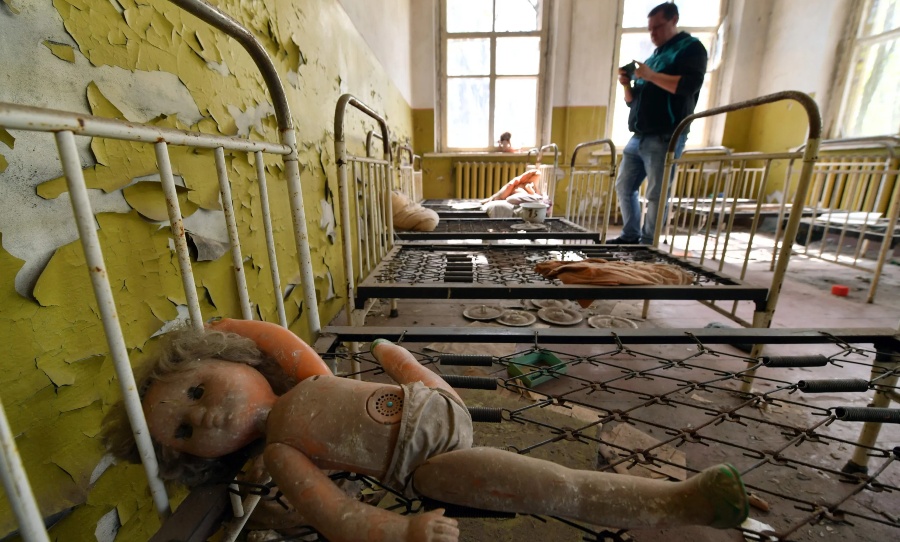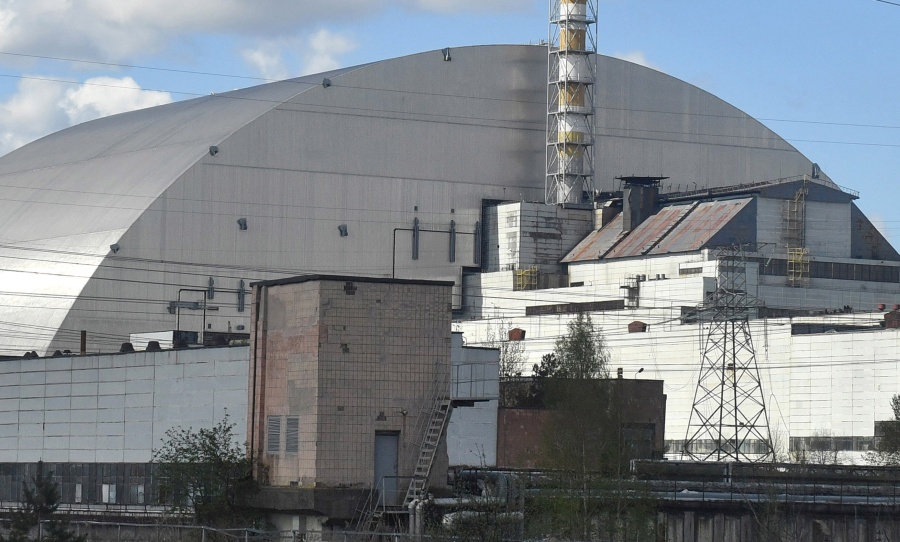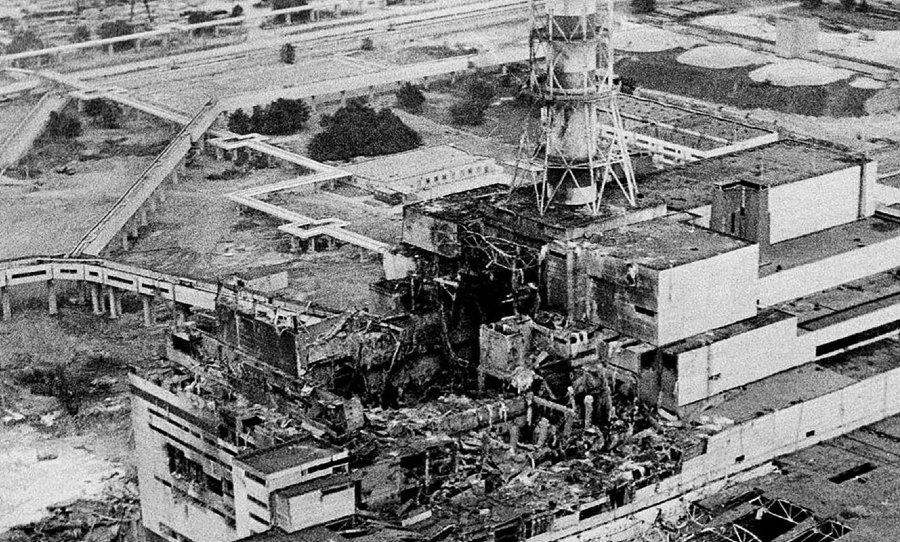Unsealed Soviet archives have revealed that the Soviet Union not only knew Chernobyl was dangerous, but also covered up other ’emergencies’.
In light of the 35th anniversary of the Chernobyl disaster on Monday, Ukrainian authorities released previously sealed archives, proving that multiple ’emergencies’ were covered up by the Soviet Union before and after the 1986 meltdown.
In what was previously Soviet Ukraine, a failed safety test in the fourth reactor of the nuclear power plant caused a fatal explosion and fire in Chernobyl, spreading clouds of radioactive material across the entirety of Europe, in what is now known as the world’s worst nuclear disaster.

However, this wasn’t the first hiccup in Chernobyl.
The newly released archives show that Chernobyl had had previous radiation leaks in 1982 which were covered up at the time using a KGB report called measures “to prevent panic and provocative rumours”, Ukraine’s security service (SBU) said in a statement on Monday.
The SBU also noted that there were other separate “emergencies” at Chernobyl in 1984 – suss.
“In 1983, the Moscow leadership received information that the Chernobyl nuclear power plant was one of the most dangerous nuclear power plants in the USSR due to lack of safety equipment,” the SBU said.
Today is 35 years since the world’s worst nuclear disaster at the #Chernobyl nuclear power plant.
The official death toll is 31.
But the disaster exposed over 8 million people to radiation. Groups estimate thousands more have died since from exposure — up to 100,000. pic.twitter.com/SeS8TlK3hA
— AJ+ (@ajplus) April 26, 2021
The archives also detailed Soviet intervention after the 1986 disaster.
When a French journalist collected soil and water samples from the Chernobyl area in 1987, the KGB swapped the samples for fake ones in a secret operation, the SBU said while citing another released KGB report.
For those who don’t know (and don’t have an HBO subscription), the Chernobyl disaster occurred on April 26, 1986, after a failed safety test caused the power plant to explode and erupt in highly radioactive flames.
Chernobyl nightshift worker, Yuri Bagdasarov wanted to shut down the reactor immediately after the explosion, but Chief Engineer, Nikolai Fomin wouldn’t allow it. Instead, operators were given respirators and potassium iodide tablets – a medication used in radioactive emergencies – and told to continue working.
Today is the 35th anniversary of the Chernobyl explosion, the greatest failure of the communist state and one of the greatest man-made mistakes ever. pic.twitter.com/ZyaGAhBffS
— Windows98 Tech Support (@Win98Tech) April 26, 2021
Shortly after the initial explosion, firefighters arrived to extinguish the fire but weren’t told how dangerously radioactive the smoke and the debris were. In fact, many speculate that the firefighters may not have even known that the accident was anything more than an electrical fire.
The nearby city of Pripyat was also not immediately evacuated. The townspeople, at 1:23 in the morning, were completely oblivious to what had just happened. Within a few hours of the explosion, however, dozens of people fell ill – reporting severe headaches and metallic tastes in their mouths, as well as uncontrollable fits of coughing and vomiting.
The order to evacuate the area only came 36 hours after the accident.
This is the first photo of the Chernobyl plant, at 4pm, 14 hours after the explosion of the nuclear reactor, 35 years ago #Today. The view is foggy due to radiation, which also explains why the shot was not taken too close to the helicopter’s window https://t.co/r5gTDQOiGq pic.twitter.com/PvJfC4zUNx
— Massimo (@Rainmaker1973) April 26, 2021
In the immediate aftermath, thirty-one plant workers and firemen died from acute radiation sickness. However, thousands more later succumbed to radiation-related illnesses such as cancer, but the total death toll and long-term health effects remain a subject of intense debate.
At Chernobyl, approximately 100,000 square kilometres of land was significantly contaminated with radioactive fallout, with the worst-hit regions being in Ukraine, Russia and Belarus. However, lower levels of contamination were detected over all of Europe.
Today, women in Minsk held the action of solidarity with victims of the Chernobyl disaster. Local authorities did not give permission for this action, but our courageous women gathered anyway. #StandWithBelarus pic.twitter.com/Cd8nrznpN0
— Sviatlana Tsikhanouskaya (@Tsihanouskaya) April 26, 2021
In an attempt to stop the spread of contamination from wind and animals, the fourth reactor was hastily encased in a giant composite steel and concrete shelter, known as the Sarcophagus, where it remains today.

The present-day Ukrainian government in Kyiv took this anniversary to clarify the Soviet authorities’ negligent handling of the accident, as well as their attempts to cover up the disaster in the aftermath.
“The 35th anniversary of the Chernobyl tragedy is a reminder of how state-sponsored disinformation, as propagated by the totalitarian Soviet regime, led to the greatest man-made disaster in human history,” the foreign ministry said.



